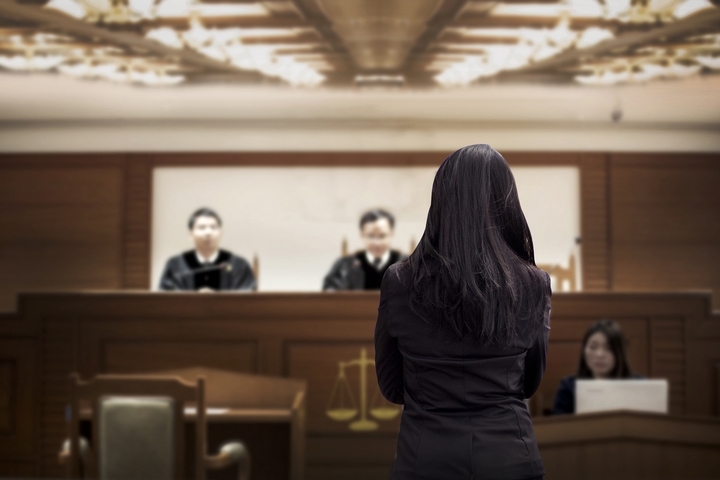
The Appeals Process in Criminal Cases
The process of appeals is very important. It gives a chance to those who have been found guilty, to ask for another look into their case and perhaps change the decision or punishment that was given. Knowing about these stages can affect how things end up in court greatly. If someone who has been accused thinks there was a mistake made by law during their trial, they can request an appeal at a higher court level. This process doesn’t include a fresh trial, but centers on examining the methods and judgments of the lower court to check if they were fair and lawfully accurate.
Grounds for Appeal
To start an appeal, the defendant needs to have valid reasons for it. These usually involve mistakes in law that took place during the trial. Grounds for appeal may encompass improper admission or exclusion of evidence, wrong jury instructions given by the judge, misconduct from prosecutors and ineffective help from lawyers. It is crucial to understand that the appeals court does not reconsider factual proof or witness honesty but they concentrate on verifying if legal rules were correctly used.
Filing the Notice of Appeal
The very initial formal move in the procedure of appeals is to file a notice of appeal. This paper should be handed over within a certain time limit, typically from 30 up to 90 days following sentencing, which may vary according to jurisdictional rules. If this deadline is not met, there’s a chance that the right for appeal will be forfeited and so it becomes extremely crucial to take action promptly. The notice of appeal is a formal document that tells the court and prosecutor that the person who got found guilty plans to ask for another look at their case.
Preparing the Appellate Brief
When the notice of appeal is submitted, it signifies that a legal case wants to proceed to an appellate court for further review. The process now starts where the party who appealed, called appellant, must prepare a document known as appellate brief. This brief sets out all legal points supporting why they are making this appeal and references to applicable laws and past court decisions. The person appealing has to show how mistakes in the trial court changed what happened with their case. The brief is very important because it acts as the main method for convincing the judges who handle appeals. The prosecution will also present a brief, giving reasons for why the conviction or sentence should be confirmed.
Oral Arguments and Court Review
When the briefs are filed, the appeals court could arrange an oral argument. In this meeting, both sides can present their cases in front of judges. The judges might question to make clear and contest what’s being said during this time period. Although not all cases need it, the oral argument allows for highlighting important elements of an appeal. The main factors that will influence the court’s decision are the written briefs and trial record.
The Court’s Decision
After the spoken arguments, the appellate court will think about and provide a written decision. This can be to confirm the lower court’s choice, overturn the guilty verdict, change sentence or send the case back for more process in trial court. The decision is decided by if legal mistakes found in appeal had an important effect on fairness or result of trial.
Post-Decision Options
If the appeal fails, the defendant still has more steps they can take. They might ask for a fresh hearing in that same court that deals with appeals or they could make another appeal to an even higher court like their state’s supreme court or maybe even the U.S. Supreme Court itself. Usually, these top courts have discretionary review which implies they get to select which cases should be listened to. It’s very helpful if you discuss with a criminal lawyer Brampton who knows about this law every time during your attempts at appealing so as not only can he guide you through all these complicated stages but also enhance possibilities for getting better results from such situations of legal dispute.
The process of appealing is crucial in correcting legal mistakes and keeping justice intact within the criminal justice structure. By knowing how it unfolds, from lodging the appeal notice to court’s latest ruling, defendants can more effectively fight for their rights and get remedy against incorrect convictions or unjust punishments.


